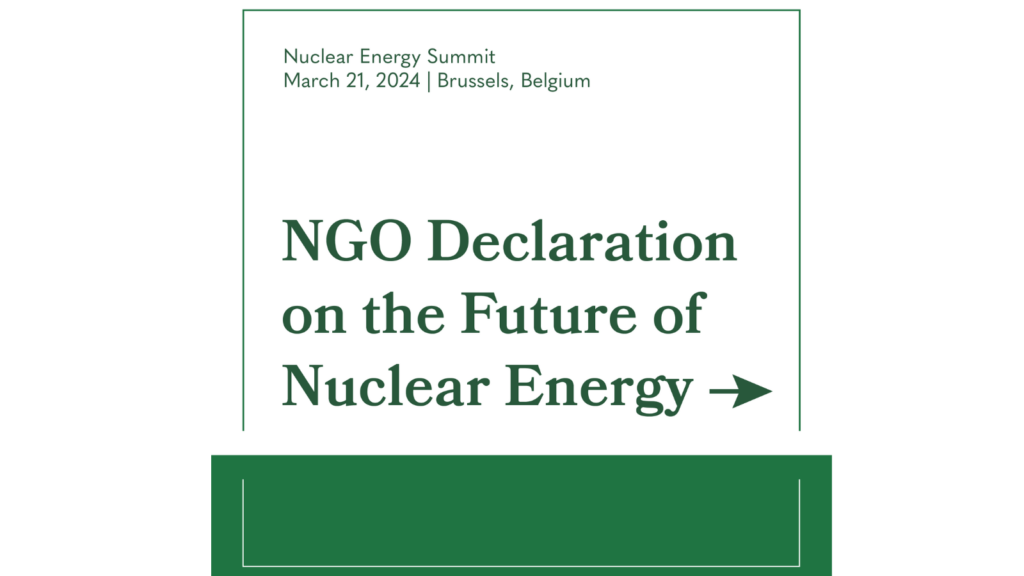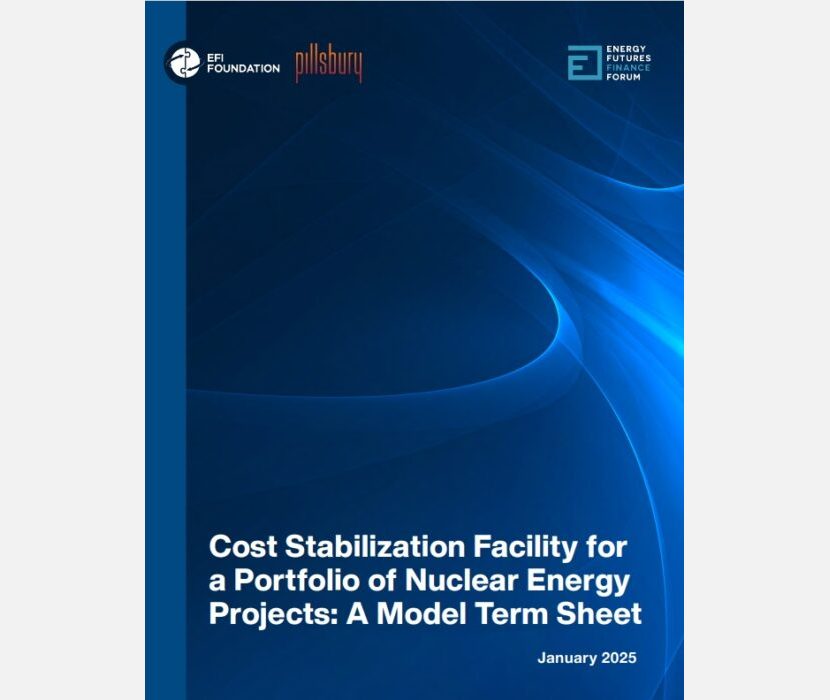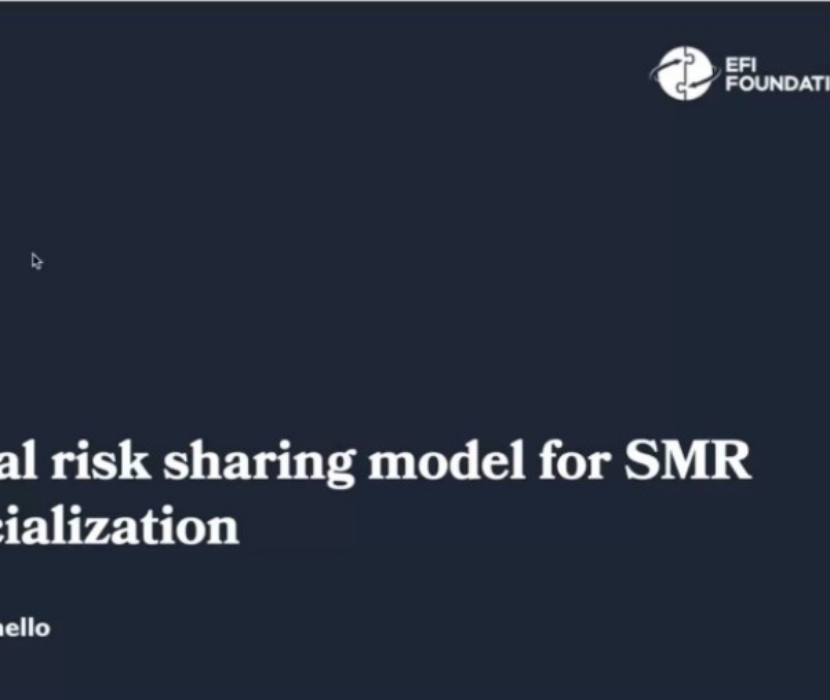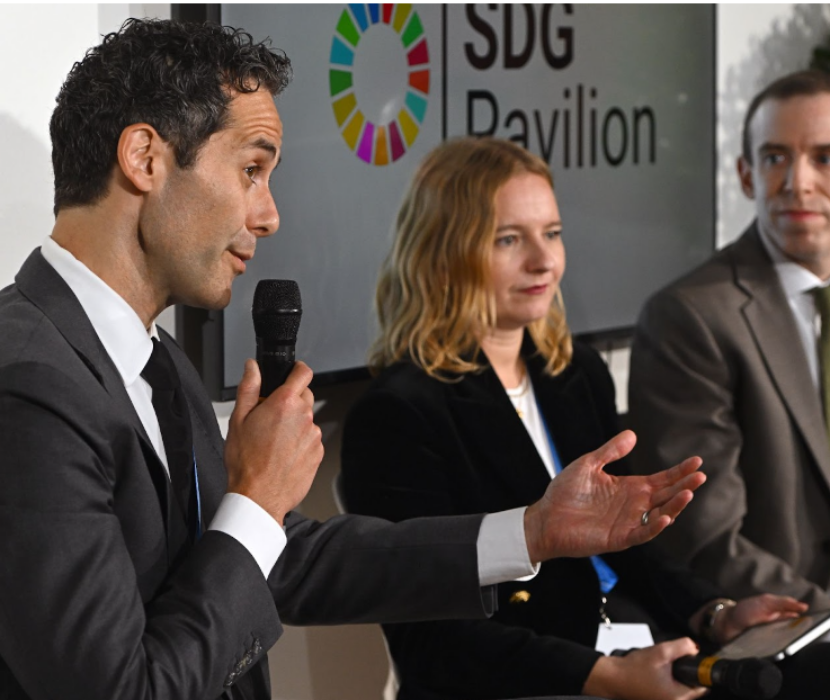
On March 21, 2024, government leaders and representatives from the nuclear industry and non-governmental organizations (NGOs) gathered in Brussels for the International Atomic Energy Agency and Belgian government’s Nuclear Energy Summit, the world’s highest-level meeting on nuclear energy. At this critical juncture for action on climate change and energy security, 20 NGOs from around the globe jointly called for the efficient and responsible expansion of nuclear energy and advanced six key principles for doing so.
BRUSSELS, BELGIUM (March 21, 2024): Nuclear energy is a uniquely valuable clean energy source that can play a key role in supporting deep decarbonization, energy security, and economic development.
We congratulate the International Atomic Energy Agency and Belgium for convening the first-ever Nuclear Energy Summit at the head-of-state level. This summit is a critical opportunity to sustain the momentum of COP28, building on the notable commitment that 25 countries have already made to triple nuclear energy by 2050 and underscoring the importance of leader-level engagement on nuclear issues.
Consistent and coordinated leadership from government, industry, and financial institutions will be required for a successful global approach to expanding nuclear energy. To that end, we applaud the government and industry declarations issued as part of the Nuclear Energy Summit. In addition, non-governmental organizations and other civil society stakeholders can play a critical role in supporting efforts to expand nuclear energy safely and securely.
To meet the urgency of the moment, we must expand nuclear energy at an unprecedented pace—but speed cannot come at the price of safety and security. We have a shared responsibility to pioneer affordable and abundant clean energy globally without elevating security risks. To scale nuclear power, we encourage all stakeholders to consider:
· Pooling resources, when possible, to generate large orderbooks of specific designs and thereby stimulate upstream investment and share risks;
· Implementing policies and sending clear signals that support sustained at-scale nuclear energy investment as part of broader clean energy, energy security, and economic development planning;
· Developing and maintaining strong, independent regulatory capabilities while forging international partnerships that benefit from best practices;
· Expanding opportunities for international collaboration to develop a strong workforce and talent pipeline;
· Avoiding technologies that can exacerbate security concerns and commit to the highest standards for safeguards;
· Planning proactively for the responsible management of spent fuel.
Signatories
Aeon Collective
Argentina Global
Canadian Association of Nuclear Host Communities
Carbon Free Europe
Clean Air Task Force
Economic Policy and Competitiveness Research Center
EFI Foundation
Energy Communities Alliance
Ettore Majorana Foundation and Centre for Scientific Culture
Good Energy Collective
Institute of Energy Economics Japan (IEEJ)
International Bank for Nuclear Infrastructure (IBNI)
North American Young Generation in Nuclear
Nuclear Innovation Alliance
Nuclear Threat Initiative
Pacific Forum
Terra Praxis
Third Way
World Institute for Nuclear Security
Zenon Research
(Share this post with others.)




